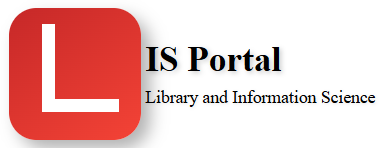CCF (Common Communication Format)
CCF stands for Common Communication Format. It is a standardized format for exchanging information between different computer systems and applications. The goal of CCF is to ensure that information can be exchanged between systems in a consistent and reliable manner, regardless of the technology used by each system.
For example, consider a situation where a library management system needs to communicate with a vendor’s database to retrieve information about books and journals. In this case, the library management system and the vendor’s database may use different software and database structures. To ensure that the information can be exchanged between the two systems, a CCF can be used to define the format in which the information will be exchanged. The CCF will specify the data elements that must be included in the exchange, such as the title, author, publication date, and ISBN number, as well as the format in which the information will be transmitted, such as XML or CSV.
By using a CCF, the library management system and the vendor’s database can communicate with each other in a standardized way, ensuring that the information can be accurately and efficiently exchanged. This helps to improve the reliability and consistency of the exchange process and reduces the risk of errors or inconsistencies in the information being exchanged.
some software programs that support Common Communication Format (CCF) include:
-
Integrated Library Systems (ILS): ILS software provides a complete solution for managing library collections, circulation, and other functions. Many ILS systems support CCF and other standardized formats for exchanging information with other systems, such as vendors’ databases or interlibrary loan services.
-
Link Resolvers: Link resolvers are software programs that allow libraries to provide seamless access to online resources for patrons. Link resolvers often use CCF to communicate with databases and other systems to retrieve information about resources and to provide access to electronic resources.
-
Metadata Harvesting tools: Metadata harvesting tools are software programs that collect metadata about resources from multiple sources. They often use CCF to communicate with different systems and retrieve metadata in a consistent format.
-
Bibliographic Utilities: Bibliographic utilities are software programs that support the management of bibliographic data, such as cataloging and authority control. Bibliographic utilities often use CCF to exchange bibliographic data with other systems and databases, such as OCLC’s WorldCat.
